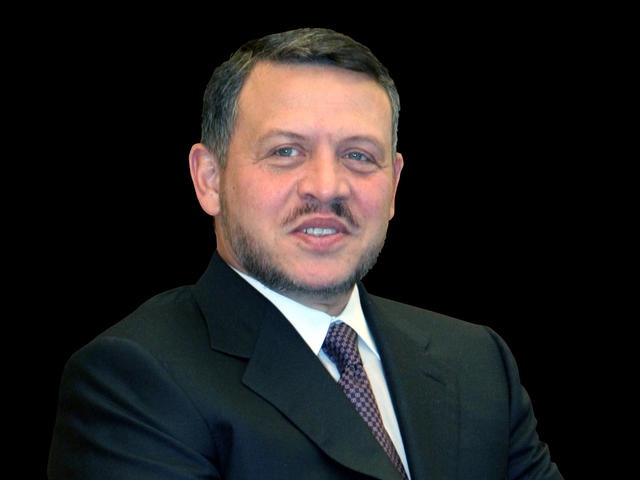Protests Flare Across Jordan
Protests raged across the Hashemite Kingdom of Jordan for the second consecutive day on Wednesday in response to the government's announcing that fuel subsidies would end.
Late Tuesday after the Prime Minister announced that fuel prices would increase by as much as 54 percent, protesters filled the streets in multiple cities, including Amman, Karak, Salt and Irbid. Violent demonstrations erupted in all 12 of the desert kingdom's governorates, police told the Associated Press.

Late Wednesday evening, an attack on a police station in northern Jordan left one gunman dead and 16 others, including 12 police officers, wounded, according to the Associated Press. In Salt, a city in northwest Jordan, dozens of individuals launched a failed attempt to attack the prime minister's residence. In Karak, once a stronghold of the Jordanian royal family's supporters, more than 2,000 protesters shouted, "Down with you, Abdullah," referring to King Abdullah II, son of the late King Hussein, a central - and revered - figure in twentieth century Middle Eastern politics. More than 120 people were arrested across the country, police told the Associated Press.
While protests have rocked the Middle East and North Africa during the last 23 months, Jordan's civil unrest has been steady but innocuous, failing to galvanize social and political revolution as in Egypt, Libya and Tunisia.
Yet a stagnating economy, an unsustainable government budget deficit and soaring prices for food and fuel have sent citizens into the streets and have made public opposition to the king - both a taboo and a civil offense - increasingly common.
Observers of Jordanian politics compare the ongoing protests to those in 1988 and 1996 over price hikes on bread and food. Civil discontent forced then-King Hussein to roll out reforms including parliamentary elections and the start of a multi-party system, ending the martial law that had ruled over the country for decades.
Other pressures on the kingdom of six million residents includes the influx of 265,000 Syrian refugees, on top of existing social and political tensions stemming from Iraqi and Palestinian refugees.
A Western-trained security apparatus, a close alliance with the United States and neighbor Saudi Arabia, a peace treaty with Israel, and the relatively small number of protesters compared with the total population all support the likelihood of the Hashemite monarchy's surviving the latest wave of protests.










